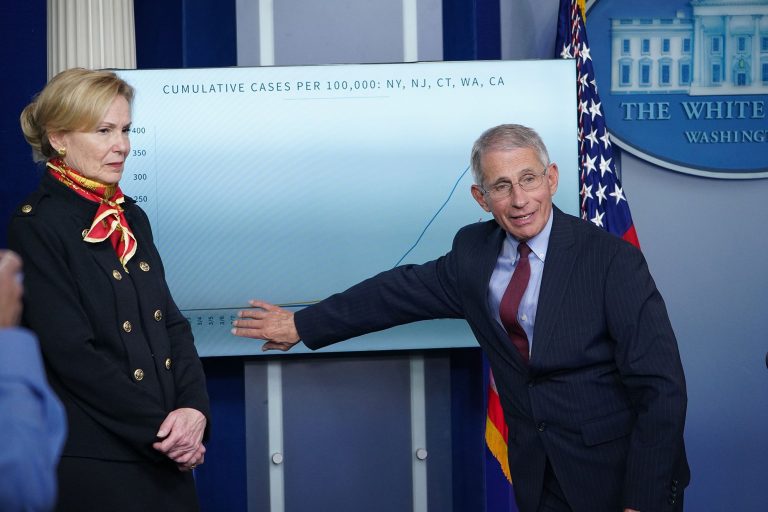
A Florida grand jury, which was convened to scrutinize the actions of drug companies and medical entities during the COVID-19 vaccine rollout, has published an interim report, Granite Grock reported.
While the report has not yet confirmed any criminal wrongdoing by these organizations, it suggests that many of the criticisms regarding non-pharmaceutical interventions during the pandemic may have weight.
“On December 13, 2022, the Governor of Florida issued a petition to enjoin the 22nd statewide grand jury,” the report states.
“In its 19 pages, the petition described a series of statements made by pharmaceutical executives, state and federal government officials, doctors, scientists, reporters, and other individuals regarding the safety and effectiveness of COVID-19 vaccines, ultimately stating that they are “at the forefront” of interest. The public to convene a statewide grand jury to investigate criminal or illegal activity in Florida in connection with the development, promotion, and distribution of these vaccines.
On December 22, 2022, the Florida Supreme Court responded to the petition by issuing an order directing the formation of a statewide grand jury and entrusting what would eventually become that panel to determine whether “drug manufacturers (and their executive officers) and other medical associations” or organizations “participate of “criminal activity or wrongdoing” in connection with its involvement in the development, approval or marketing of COVID-19 vaccines.”
The grand jury, selected through a random process similar to that of any legal jury, outlined its approach to the investigation, expressing diligence that appears to exceed that of the FDA during the health crisis.
A major highlight of the report is the grand jury's investigation into the safety and effectiveness of COVID-19 vaccines.
Officials have been accused of saying side effects are “extremely rare” and that vaccines can “prevent Covid-19” with more than 90% effectiveness. Moreover, claims that vaccines were key to developing herd immunity and that they are “safe and effective as determined by data from manufacturers” will be under the grand jury’s microscope.
The report also offers critical insights into the story of the lockdowns, suggesting that their impact may have been more harmful than helpful.
This report is supported by an important study backed by the University of Oxford, which found that strict lockdown measures were no more effective in reducing infections than the softer Swedish-style approach, which allowed for more personal freedom and recommended behaviors rather than mandatory behaviors aimed at reducing… Infection. From the virus.
The interim report also casts doubt on the effectiveness of mask mandates.
The report also scrutinizes the integrity of epidemiological data, hinting at inflated infection and hospitalization numbers. It specifically addresses misrepresented risks to children, who, according to the report, were largely not at high risk despite contrary claims based on flawed data.
The report suggests that social distancing may be less important than previously thought, with environmental factors such as indoor versus outdoor spaces and air flow playing a more important role in transmission than physical distance alone.
The grand jury's findings are presented as validation for those who have questioned the scientific basis of the pandemic response by public health officials and institutions. It claims that many public health recommendations deviated from available scientific research, which was sometimes dismissed or even condemned by policymakers.
The report concludes with a critical view of non-pharmaceutical interventions (NPIs), suggesting that while they have changed risks temporally or demographically, they have not significantly changed the overall risk profile posed by COVID-19, particularly when considering collateral damage incurred. With such interventions.
You can read the interim report below:

